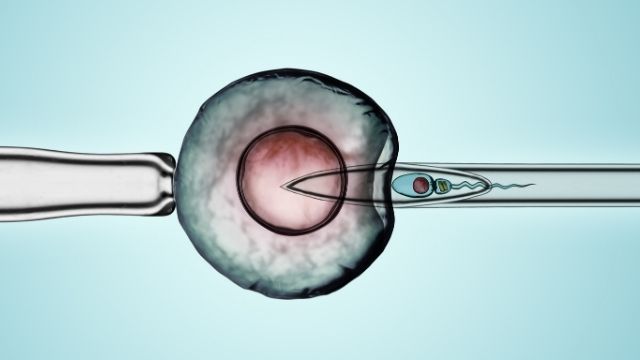IMSI
Infertility and IVF - IMSI
Book Appointment
For Appointment

What is IMSI?
IMSI (Intracytoplasmic Morphologically Selected Sperm Injection) is an advanced laboratory technique used in assisted reproductive technology (ART), particularly in IVF treatments, to enhance the selection of healthy sperm for fertilization. It is a more refined version of ICSI (Intracytoplasmic Sperm Injection), where a single sperm is injected directly into an egg.
In IMSI, sperm are examined under a high-magnification microscope (around 6000x)—much higher than the magnification used in standard ICSI. This allows embryologists to closely assess the shape (morphology) and structure of individual sperm, particularly the head and nucleus, to detect even minor abnormalities that could affect fertilization or embryo development.
IMSI is especially useful for couples with male factor infertility, such as poor sperm quality, previous failed IVF/ICSI attempts, or recurrent miscarriages. By selecting the healthiest-looking sperm, IMSI aims to improve fertilization rates, embryo quality, and the chances of a successful pregnancy.
Benefits of IMSI (Intracytoplasmic Morphologically Selected Sperm Injection)
- Better Sperm Selection – IMSI uses high magnification to select sperm with the best morphology, improving the chances of choosing genetically healthier sperm for fertilization.
- Higher Fertilization and Pregnancy Rates – By using better-quality sperm, IMSI can lead to improved fertilization outcomes and increase the likelihood of a successful pregnancy.
- Lower Risk of Miscarriage – Selecting sperm with fewer structural abnormalities may reduce the risk of chromosomal issues and, in turn, lower the chances of miscarriage.
- Improved Embryo Quality – Healthier sperm contribute to better-quality embryos, which enhances the chances of implantation and a successful full-term pregnancy.
- Useful in Repeated IVF/ICSI Failures – IMSI is particularly beneficial for couples who have had previous failed IVF or ICSI attempts, especially due to male factor infertility.
- Helps in Cases of Severe Male Infertility – It offers a refined selection method when sperm count, motility, or morphology is severely compromised.
